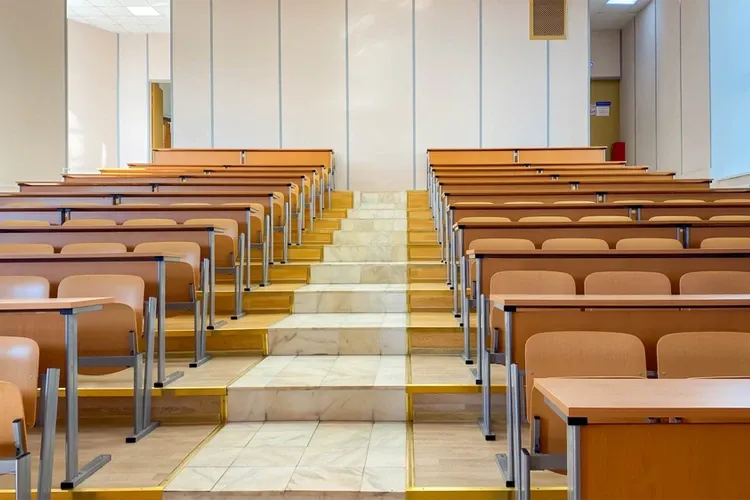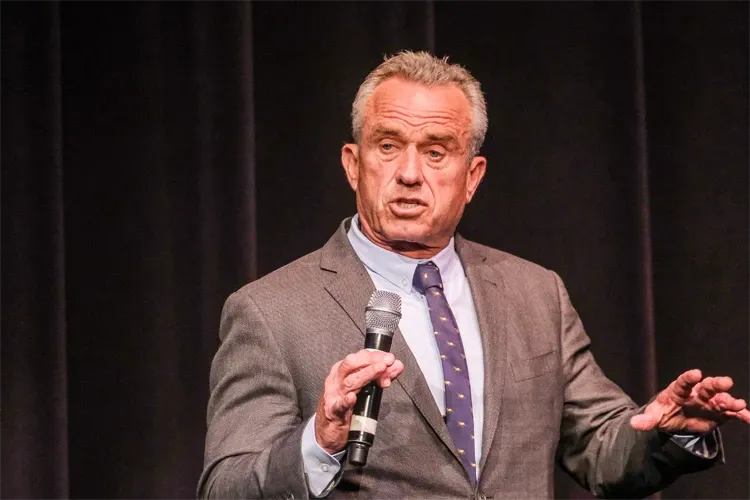The majority of college professors believe a conservative would not fit into their departments, according to a newly released survey from the Foundation for Individual Rights and Expression.
The survey of over 6,000 faculty members at several dozen major universities shows what the nonprofit civil liberties organization described as a “fraught campus atmosphere in which wide swaths of those surveyed admitted to hiding their political views to avoid censure.” While many progressive professors indicated signs of censorship and a stifled academic environment, the results showed that conservative professors face the worst of the negative campus cultures.
Even as 71% of faculty respondents said that a liberal individual would fit into their academic departments either “very well” or “somewhat well,” a mere 20% said the same of a conservative individual. Only 3% said that a liberal individual would be a “very poor” or “somewhat poor” fit in their department, while 39% said the same of a conservative.
More conservative professors reported self-censorship, with some 55% saying they “at least occasionally hide their political views in order to keep their jobs,” a sentiment shared by 17% of liberal professors. That means conservative faculty self-censor at three times the rate of liberals.
Foundation for Individual Rights and Expression manager of polling and analytics Nathan Honeycutt noted that “there are very few conservative faculty,” meaning that “students are even less exposed to conservative perspectives than one might expect based on the numbers” since those few conservative professors are often “not expressing their views” over fear of retaliation.
The most challenging topics to navigate identified by faculty members included the war between Israel and Palestine, purported racial inequality, transgenderism, and affirmative action. Only 13% of respondents felt free to discuss all nineteen “hot button issues” mentioned in the survey.
Other surveys from the Foundation for Individual Rights and Expression show that students also face low levels of academic freedom. The most recent free speech survey from the organization found that some 26% of students practice self-censorship, while as many as 81% of attempts to deplatform speakers were successful at the five schools with the worst free speech rankings.




